Many programs have an absolute benchmark score of 30/30 or near absolute, above 29/30 based on the method of considering transcripts and high school graduation exams. In other admission methods, the benchmark score is also equally high.
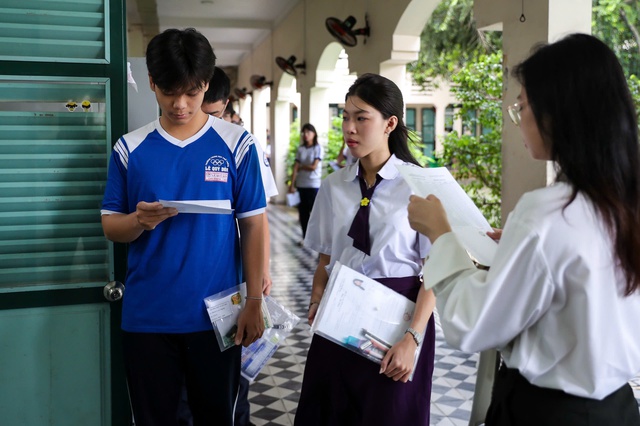
Candidates taking the 2025 high school graduation exam. Most universities use the results of this exam for admission.
PHOTO: NHAT THINH
Scores are no longer the standard measure in the AI era
This information immediately attracted widespread public attention. The press simultaneously published a list of majors and schools with the highest benchmark scores. In society, benchmark scores become a measure to evaluate and rank training programs, and are even interpreted as teaching quality and school reputation. Many students at schools with extremely high benchmark scores are "proud" because "their school is in the top".
However, the question needs to be asked: does using scores as a benchmark truly reflect the value and goals of higher education in the context of the far-reaching impact of artificial intelligence (AI)?
The score, in essence, only measures the ability to answer a number of exercises with available solutions and answers. Teachers grade based on a predetermined scale. Candidates achieve high scores thanks to their ability to answer accurately and quickly within the allotted time. To achieve this result, the common way is to practice repeatedly, increasing the speed of solving, reaching an almost "mechanical" level: no mistakes, no time for trial and error, sometimes not accepting different ways of doing things.
Meanwhile, the reality of life and work requires people to face new problems, sometimes vague and without ready solutions. The process of finding solutions always comes with trial and error, with failure before reaching success. This is the fundamental difference between humans and machines. Computers, robots and today AI were invented to handle precise, repetitive tasks, without the need for flexibility. If education only focuses on "absolute results", we are inadvertently pushing people into replicating the capabilities of machines instead of opening up their unique strengths.
In the context of increasingly intelligent AI that can replace many human mental jobs, the ability to adapt, independent thinking, imagination and the ability to ask new questions are the advantages that humans still retain.
AI can solve math problems step by step, write fluently, and even program software without errors, but it still has a hard time replicating the way humans dare to experiment, dare to make different hypotheses, and seek unexplored directions. This is exactly what education needs to nurture.
Education today must become an environment that encourages creativity and difference. Creativity always comes with experimentation, and experimentation inevitably leads to mistakes. Unlike the working environment after graduation, school is a place where mistakes are simply part of the learning process. Therefore, the spirit of daring to think differently, daring to do differently, daring to accept failure needs to be encouraged, even if it does not bring high scores for students. However, that is the source of inventions and innovative ideas that help society move forward.
EDUCATION SHOULD NOT TURN HUMANS INTO MACHINES
When admissions are based entirely on grades, universities inadvertently eliminate students who have innovative thinking but have not yet achieved perfection in exams. The result is an education system that is obsessed with optimizing grades, while the price to pay is the loss of creativity and the spirit of daring to think, dare to do, dare to fail.
Such admissions focus too much on thinking ability (IQ) and neglect emotional intelligence (EQ) such as empathy, emotional control, social skills, self-awareness, social responsibility. If this continues, universities will train people who do repetitive work precisely like computers or AI, but lack flexibility, adaptability, and creative power, and will be easily replaced by AI.
Education should not turn people into copies of machines, robots or AI, but should be a journey of liberation, helping the young generation to maximize their creative capacity, to dare to do, dare to fail and thereby create new things, new values - especially in the era when AI is gradually replacing human intelligence.
In recent years, general education has made many efforts to innovate, focusing on developing skills such as teamwork, communication, listening, problem solving, deductive and critical thinking. However, if the university admission method does not change, these efforts will hardly be effective, because parents, students and teachers still put the highest priority on exams and achieving maximum scores to gain a place in university.
Source: https://thanhnien.vn/diem-chuan-cao-thanh-tuu-hay-nghich-ly-185250827210731958.htm








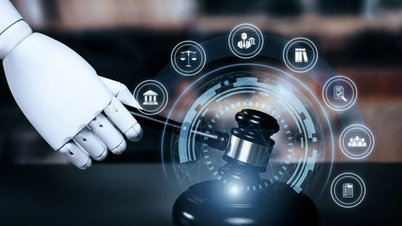

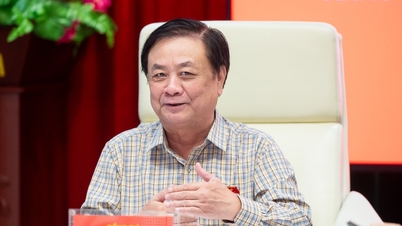

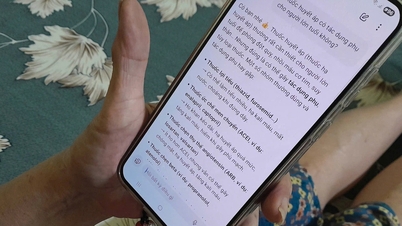


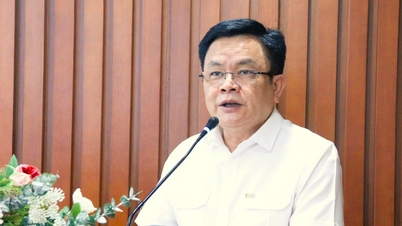



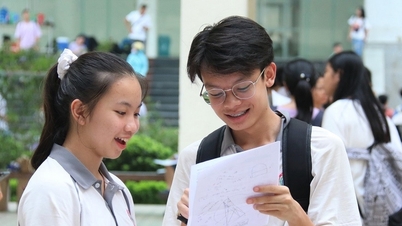
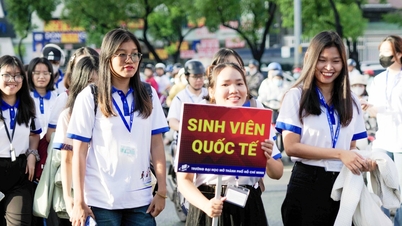

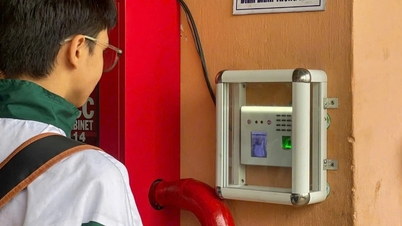

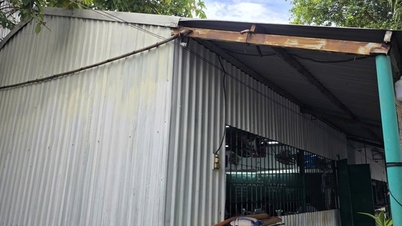

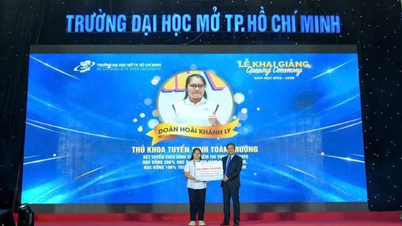





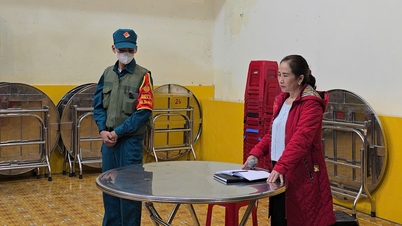




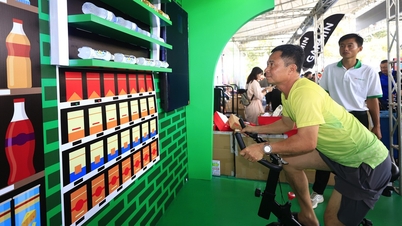











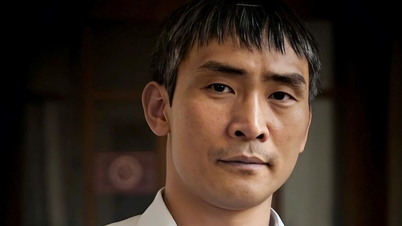
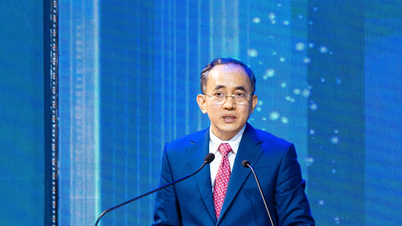























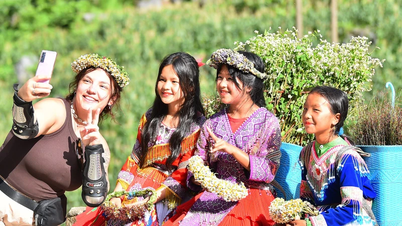



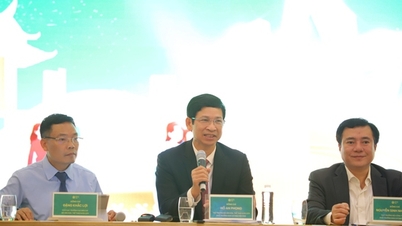

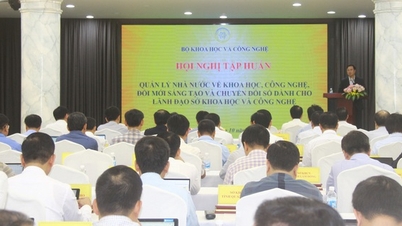



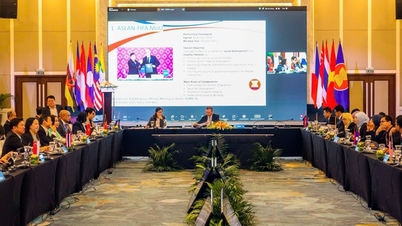
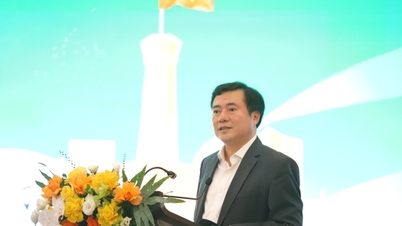






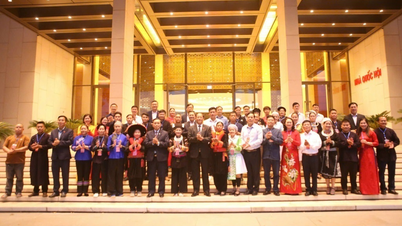
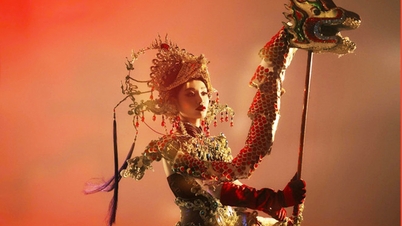

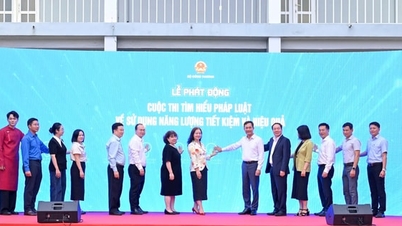












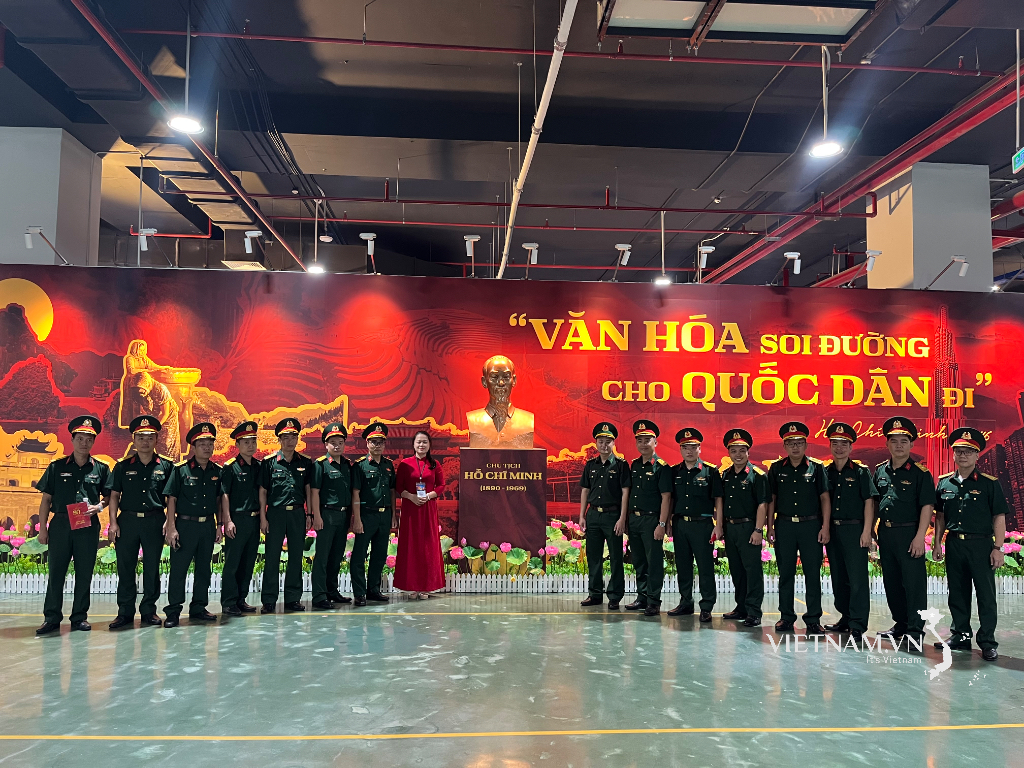

Comment (0)